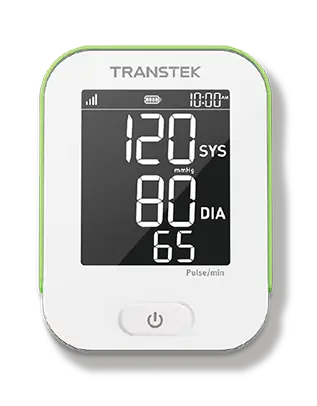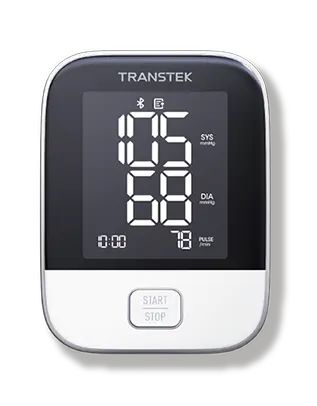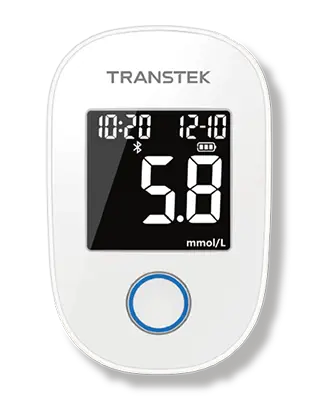
Using a blood pressure monitor for blood pressure monitoring refers to measuring your blood pressure regularly or continuously. When you are sick or injured, blood pressure monitoring helps to assess your overall health. Blood pressure monitoring can be carried out at the time of doctor's appointment and regularly at home.
Blood pressure is the force exerted by the heart on the arterial wall when it pumps blood into the body. Your blood pressure consists of two numbers, followed by a pressure unit, such as 120/80 mmHg (millimeters of mercury). The highest number is systolic pressure, which is the highest pressure in the artery when the heart pumps blood. The bottom number is diastolic pressure, referring to the lowest pressure in the arteries when the heart rests between beats. The general criterion for normal blood pressure in adults is less than 120/80 mmHg. Regular blood pressure monitoring is important because a single blood pressure reading does not provide enough information to assess your health. Using blood pressure monitor for blood pressure monitoring is a safe routine, which is just a way to monitor your overall health.
Using a smart bp monitor is an crucial part to evaluate general health status and most diseases. It also helps to diagnose and evaluate the treatment of hypertension and related diseases, such as preeclampsia or pregnancy-induced hypertension. Your doctor may recommend home blood pressure monitoring for diseases such as hypertension, coronary heart disease, diabetes, and kidney disease.
The general criterion for normal blood pressure in adults is less than 120/80 mmHg. However, blood pressure measurements change with many conditions, some of which are normal. Examples include a slight temporary increase or relaxation during intense activity or a decrease in blood pressure during sleep. Other blood pressure changes may indicate an unhealthy condition. Examples include a sustained rise due to high blood pressure or a decline due to severe bleeding or shock.
The steps you take before using the blood pressure monitor can help you get the most accurate blood pressure reading. You can prepare for blood pressure monitoring in the following ways: do not eat or use caffeine, alcohol, or tobacco products 30 minutes before blood pressure measurement, empty the bladder before taking blood pressure, and relax for a few minutes before taking your blood pressure. Of course, if you want a healthy body, you can start with some lifestyle adjustments (such as a low salt diet or increased exercise).
+86-0760-85702291







